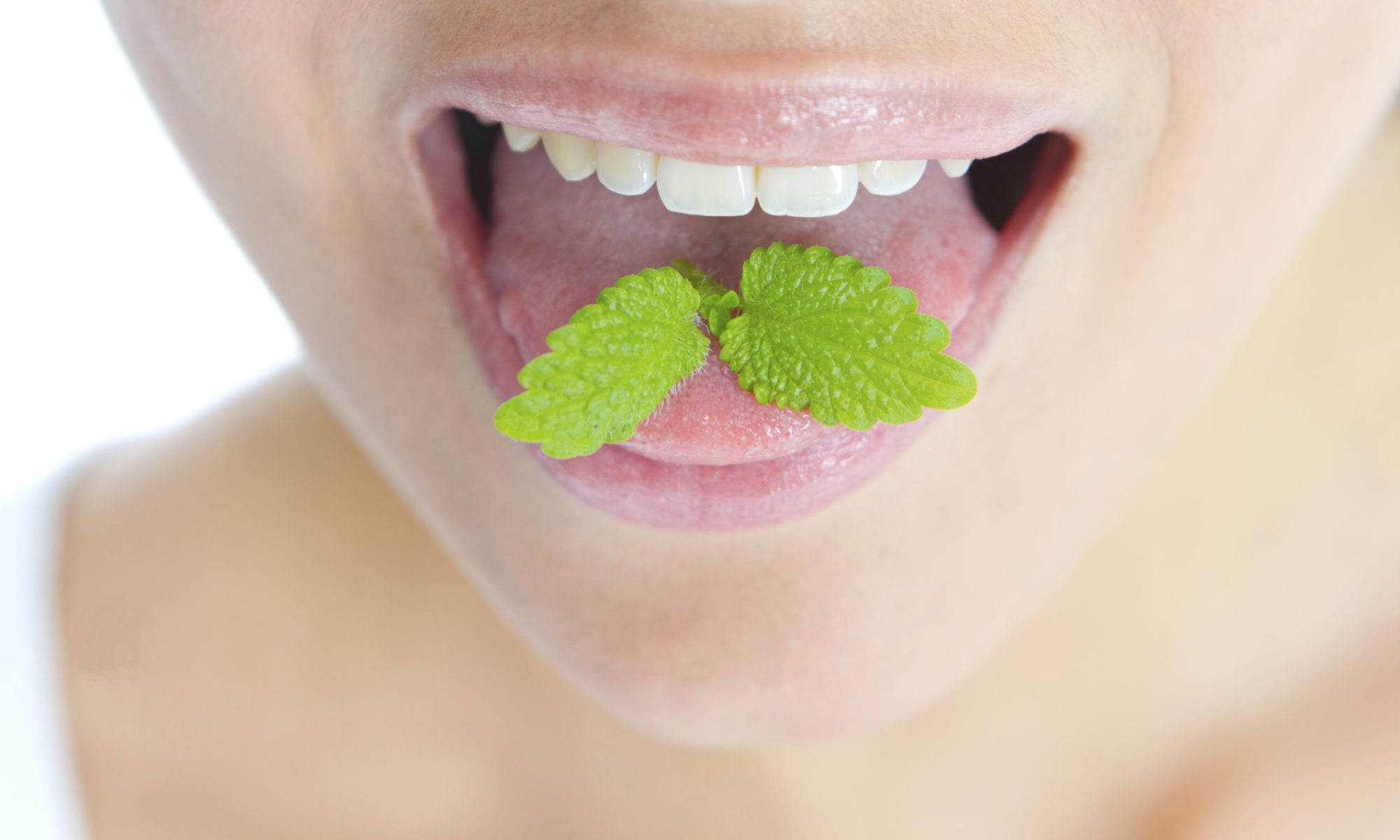Mouthwash is advertised to kill bacteria and give you fresh breath, but that isn’t the whole story. Mouthwash reduces the bacteria in your mouth and reduce the amount of plaque it forms. Regular use helps prevent periodontal disease, and those with fluoride work to reduce cavities when used as directed.
Mouthwash isn’t exactly the first thing a dentist will mention when reviewing your regimen, but it shouldn’t be overlooked. Mouthwash, after proper brushing and flossing, can provide peace of mind to individuals who struggle to keep cavities at bay, despite their best efforts.
Is mouthwash safe for children?
Children under the age of 6 should not be utilizing mouthwash, as they are likely to consume it. Once your child has developed the muscle reflexes necessary to swish and spit the wash, with adult supervision, they can begin to incorporate it into their care routine.
What ingredients in mouthwash make it effective?
The bacteria-fighting active ingredient(s) in mouthwash are what make it an effective addition to your routine. Ingredients such as cetylpyridinium chloride, zinc gluconate, or quaternary ammonium are commonly found in washes. Just one of these will provide the bacteria-fighting benefits that enhance your routine.
Are natural mouthwashes effective?
Some people advocate for fluoride, and others want little to do with it. Many brands make natural alternatives, utilizing essential oils or harvested ingredients like garlic as an astringent. Whatever the formula, natural mouthwashes have been shown to be effective at preventing gum disease without adding to the rise of antibacterial-resistant bacteria.
While mouthwash isn’t going to make or break your oral hygiene, it is a great way to round out your routine. Mouthwash may bring you peace of mind between visits or be an effective way to keep bacteria at bay for cavity-prone teeth.
For more information regarding dental exams, contact Drs. Freund and Waterloo today at 847-251-8990 or visit www.villagedentalpc.com.
Drs. Chad Freund and Cathy Waterloo proudly serves Kenilworth and all surrounding areas.

